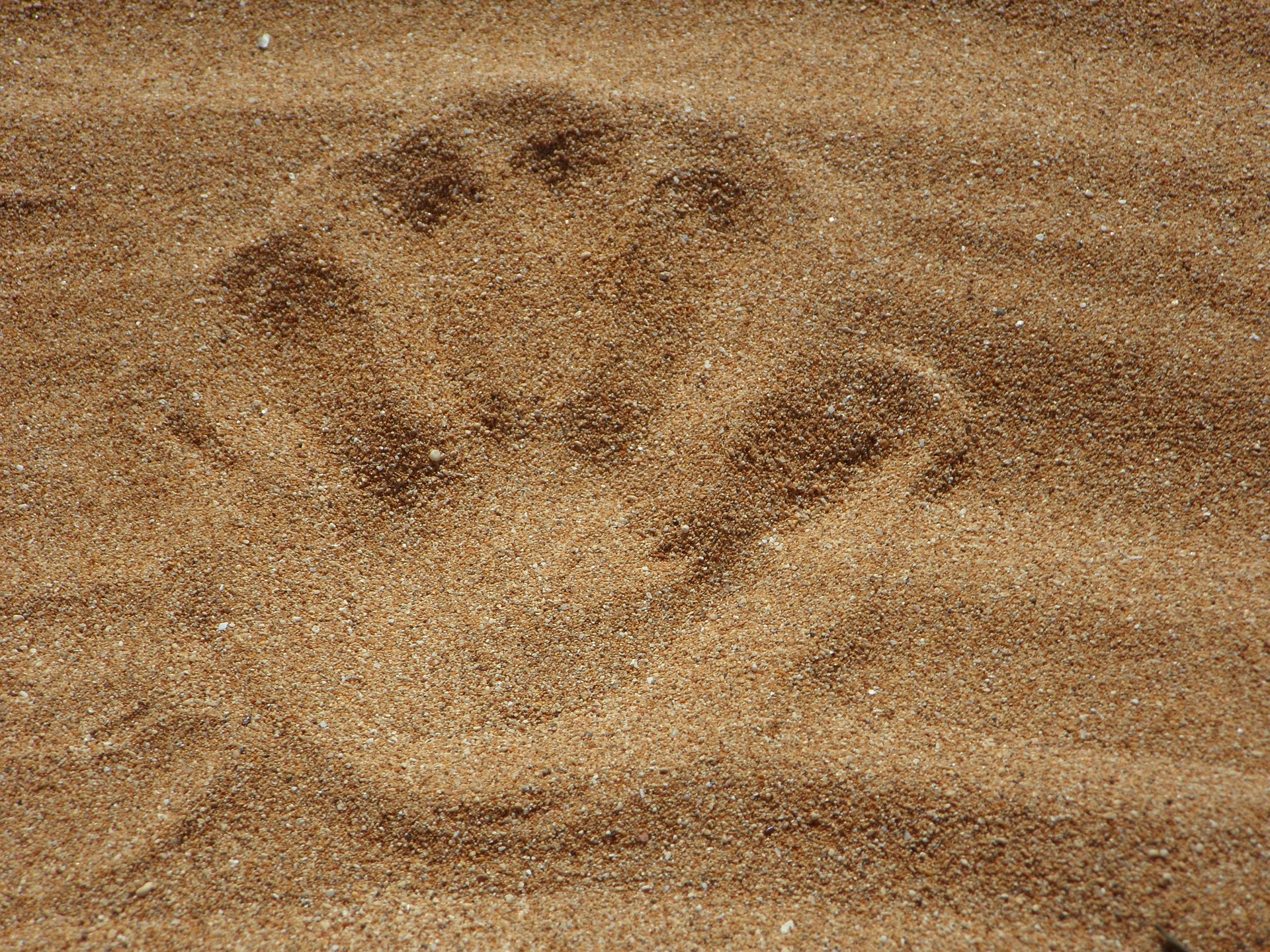
Hagar, or: The Handmaid’s Tale
Introduction
You may recall the story of Sarah, Abraham, and Hagar. We read about them on the first day of Rosh Hashanah, from Bereishith in Genesis. The crone Sarah is barren, so she gave “Hagar, the Mitzrite woman, her maidservant” to Abraham to bear a son for him. Later Sarah has her own child, Yitzhak, and thinks that Ishmael, the son of Hagar her handmaid, is mocking her. In response, she tells Abraham: “Cast out the handmaid and her son, for the son of this handmaid shall not inherit together with my son Yitzhak.” Abraham is reluctant. God has told him that each boy will be the seed of a great nation. Still, Abraham sends Hagar and her son Ishmael away with “bread and a skin of water.” Hagar becomes lost in the wilderness and leaves Ishmael under a tree because she cannot bear to see her son die. Eventually, God leads her to water and they survive. Ishmael grows up, becomes a “great archer,” and marries.
Rabbis tell us that Hagar was an Egyptian princess.
You never forgot: you were a princess. You had ladies in waiting, too many to count, who poured sweet oil onto your skin and made your arms lacy with henna. You had men, many men. They brought you gold and silk scarves and more girls to tend to you, to plait your hair. But these men really had nothing to offer. They were dull.
You had nothing nothing to do. Then came the visitors and you saw how Abraham and Sarah were favored by god. You wanted to be with them, even if you had to lower yourself, become a maid yourself. You wanted to learn the secret of their power.
He knew you would satisfy him, that was why he took you. He wanted your fire, which he consumed, yes, but re-ignited. His touch was arousing, always. I am satisfied, that’s what he said. I am so satisfied.
He always said it was her idea, Sarah’s. She wanted you to provide children for her. One after another.
His wife was too old. That was the simple fact.
In time, the inevitable. So maybe you did complain—you were dizzy in the morning. Your limbs felt so heavy. You could no longer carry in the great bowls of water. Sarah watched your belly grow and said, You are still young and still strong. It wouldn’t hurt you to bring me the usual bowls and baskets. She said, You were a princess in Egypt. You’re not in Egypt.
She said: You are here for one purpose.
She said: How do we know it’s his? It could be anyone’s.
You boiled inside and all he would say was: Women must patch their own quarrels.
You ran away and the angel led you back, telling you lies. That you would become a leader and a shaman. Others would follow you and seek your wisdom. You imagined lines of the penitent and perplexed, waiting to hear your judgment. Hanging on each word.



